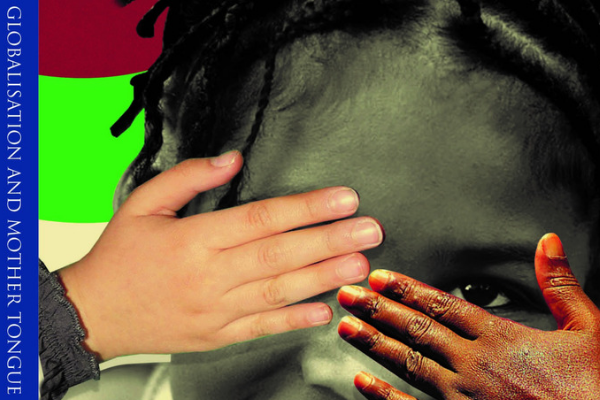
Mother Tongue Teaching Policy Misunderstood
- Category: Education
- Date 19-06-2014
- 1693 views
Refer to the story “US gives Shs140b to boost teaching in local languages” (Daily Monitor, Monday 16 June 2014, page 8). About 8 years ago, Uganda adopted mother tongues as the media of instruction in lower primary school grades (P.1–3). Pioneers of the policy completed the primary school cycle last year (2013) with dismal performance in national exams.
The mother tongue policy enjoins schools to teach all subjects, except English, through mother tongues except in urban areas. A school should adopt the dominant language of the community in which it is situated as a medium of instruction but it may retain English if it fails to identify the dominant community language.
When the policy commenced in 2006, many did not welcome it. In a space of ten months, I compiled about 30 media articles which majorly despised the “mother tongue policy”. Yet, a public policy needs wide acceptance and support for it to be useful. Since I was pursuing my master’s degree at the time, I conducted an academic study to gauge the applicability of the policy two years after it was introduced.
The findings were rather odd. Most school stakeholders - 60% of teachers, parents and management bodies - did not know if it was mandatory for their schools to implement the policy. There was no written guidance on how to implement the policy in schools. Teachers relied on speculation.
Almost all the teachers in Jinja Municipality could neither speak nor write Lusoga competently and were largely at pains to conduct successful lessons in the local language. In one school, pupils spoke Lusoga as their mother tongue but their teachers spoke Luganda.
The head teacher said, “The school chose Luganda as the language of instruction because it’s the only ‘Ugandan language’ teachers could manage”.
Ideally, however, the medium of instruction should not merely be one which teachers are comfortable with, because the primary beneficiaries of the language policy should be pupils who need to master their own mother tongues as a prelude to learning other languages.
There has not been adequate public education about the value of the “mother tongue policy”. I watched a TV press review on 16 June 2014 where the journalists shuddered about the logic of promoting learning in local languages in this era of globalisation.
In my my study, the most popular view was that the value of the policy was to preserve culture. Others said that the policy was formulated by people who went to school during colonial times and were nostalgic about the past, having studied in mother tongues. Many respondents said that the “mother tongue policy” was meant to make children, teachers, and pupils immobile and stuck in their own locations.
Read: Globalisation and the Mother Tongue in Uganda
Worse still, some respondents said that the framers of the policy intended to alienate rural schools from quality education and make them less competitive in national examinations by spending pupils’ time on local languages as urban schools concentrated on English. A journalist remarked, “All ‘first world’ schools teach in English, are in towns, and it’s where children of policy makers go”.
My overall observation was that the policy was misunderstood by most key stakeholders from the outset.
In the academic sense, to make children proficient in their mother tongues is to enable them learn other languages with greater ease in future. This can only be understood if stakeholders are mobilised and enlightened about the rationale for such a policy.
On paper, the “mother tongue policy” is on course but it is much an illusion in reality. The policy was hastily introduced: there was no systematic preparation in terms of consultations, instructional materials development, and orientation of teachers.
This policy will not last unless it is popularised among all key stakeholders. First things should come first.
By Venansio Ahabwe
Source: Daily Monitor (OPINION)
________________________________
A former teacher, Venansio Ahabwe is a communications practitioner based in Mbarara
